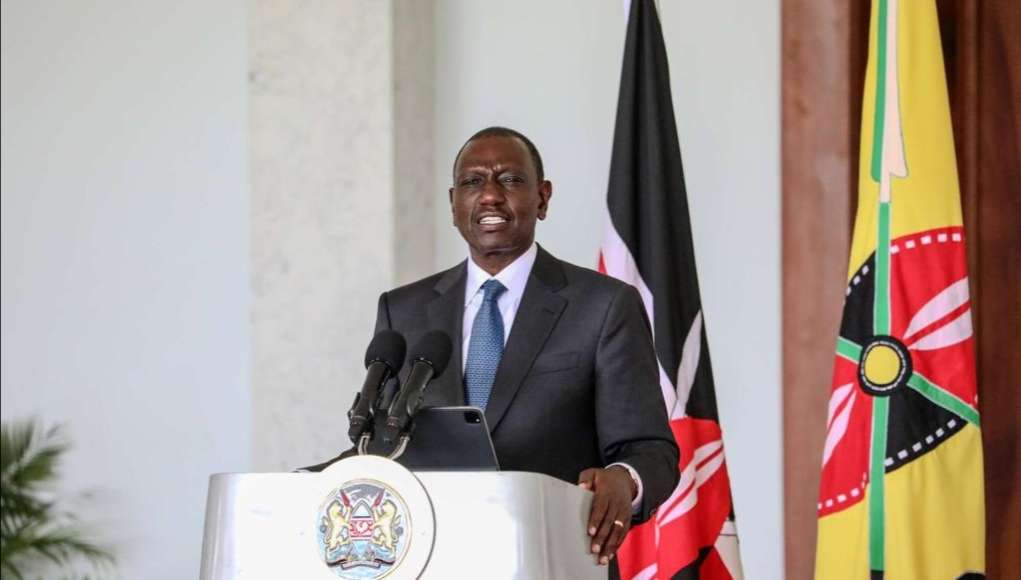President of Kenya, William Ruto says he will withdraw a finance bill which contains controversial tax hikes, following deadly protests in which parliamentary building was set on fire on Tuesday.
In an address to the nation, he said it was clear that Kenyans “want nothing” to do with the bill.
“I concede,” he said, adding that he would not sign the bill into law.
No fewer than 22 people were killed in Tuesday’s protests, according to the government-owned Kenya National Commission on Human Rights (KNHRC).
The Kenyan leader said he would now enter into dialogue with the young people, who were at the forefront of the biggest protests to have hit the country since he assumed office September 2022.
Despite nationwide demonstrations against the bill, it was passed into law by the parliament on Tuesday, after which demonstrators invaded the building.
Protesters had broken into the parliament, vandalising the interior and setting parts of the complex on fire.
The ceremonial mace, symbolising the authority of the legislature was also looted. The presidency did not make any comment after the invasion in which security forces killed scores of persons.
Ruto instead ordered the military to be deployed, saying “violence and anarchy” would not be tolerated.
He was however forced to break his silence as the angry citizens refused to leave the street despite clampdown by security forces.
In his second address to the nation in less than 24 hours, Ruto made a clear reason why he thought the tax increases were necessary.
The proposed legislation was part of efforts to cut the country’s massive debt burden of more than $80bn (£63bn), which costs the country more than half of its annual tax revenues to service.
Ruto added that his government had made progress and was on course to “assert sovereignty” by repaying its debts.
He said the provisions would have benefitted farmers, students and teachers, but he admitted the people were not behind him.
“I also lead people,” he said, “and the people have spoken.”
Ruto was elected President in 2022, defeating his main rival Raila Odinga by a narrow margin.
He got 50.5% of the vote, to Mr Odinga’s 48.8%.
Mr Ruto won after portraying himself as a “hustler” who was challenging an attempt by two dynasties – the Odingas and Kenyattas – to hang on to power.
He promised a “bottom-up” approach to the economy to tackle the high unemployment rate among young people, and to improve the lives of those less well off.
Ruto since assumption of office has introduced several new and unpopular taxes, seeking to pay up the country’s national debt of nearly $80bn (£63bn).
Critics of the latest proposals fear they will stifle economic growth and lead to job losses.
He has also been likened to the Biblical Zacchaeus, painted as a tax collector, a tag he said he is willing to bear.









